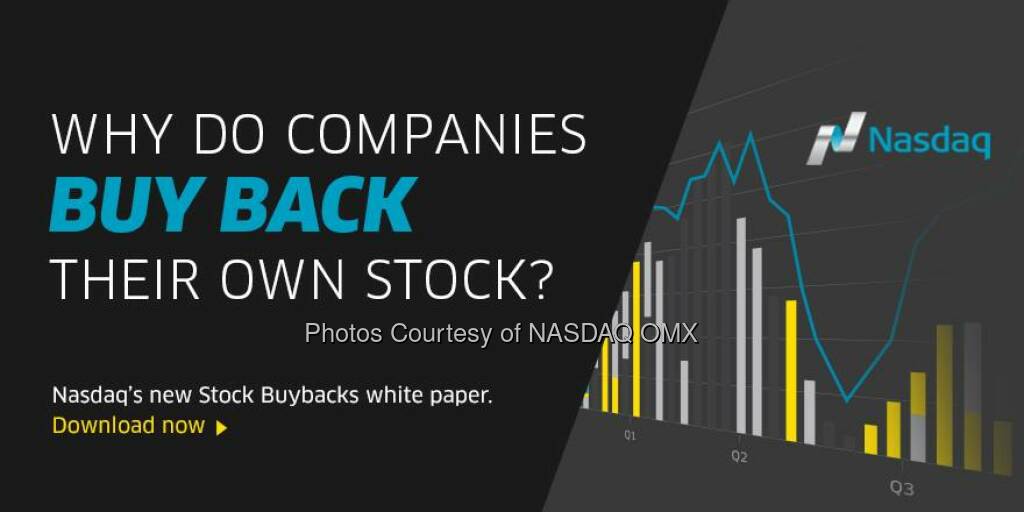Why do corporations buy back treasury stock

Treasury stock treasury shares are the portion of shares that a company keeps in its own treasury. Treasury stock may have come from a repurchase or buyback from shareholders, or it may have never been issued to the public in the first place. These shares don't pay dividends , have no voting rights and should not be included in shares outstanding calculations.
In this case, not all shares are issued to the public, as some are kept in the company's treasury to be used to create extra cash if it is needed. Another reason may be to keep a controlling interest within the treasury to help ward off hostile takeovers.

Alternatively, treasury stock can be created when a company does a share buyback and purchases its shares on the open market. This can be advantageous to shareholders; it lowers the number of shares outstanding, thereby increasing the remaining shareholders' equity interest in the company. However, not all buybacks are a good thing.
Although the company has repurchased its shares, those shares are not necessarily retired. Retired shares cannot be reissued and are taken out of circulation.

Treasury shares, however, can be reissued through stock dividends, employee compensation or a capital raising, for example. When a company raises cash by issuing stock, the equity portion of the balance sheet shows a positive balance in the common stock and additional paid in capital APIC accounts.
Disowned For Being A Millionaire: Why I Still Won't Buy A House | Financial Samurai
The common stock account reflects the par value of the shares, while the APIC account shows the excess value received over the par value. When treasury shares are repurchased by the company, however, they are carried on the balance sheet as a contra-equity account with a negative balance in the equity section.
Moreover, they are carried at cost in one account as opposed to two accounts with a par value and excess value over par. Dictionary Term Of The Day.
Stock quotes, financial tools, news and analysis - MSN Money
A measure of what it costs an investment company to operate a mutual fund. Latest Videos PeerStreet Offers New Way to Bet on Housing New to Buying Bitcoin?
This Mistake Could Cost You Guides Stock Basics Economics Basics Options Basics Exam Prep Series 7 Exam CFA Level 1 Series 65 Exam. Sophisticated content for financial advisors around investment strategies, industry trends, and advisor education. Treasury Stock Treasury Shares Share.
What Happens When a Company Buys Back Stock? | wunesajoc.web.fc2.com
Treasury Offering Treasury General Account Treasury Yield Year Treasury Share Repurchase Buyback Share Premium Account United States Treasury Money Mutual Content Library Articles Terms Videos Guides Slideshows FAQs Calculators Chart Advisor Stock Analysis Stock Simulator FXtrader Exam Prep Quizzer Net Worth Calculator. Work With Investopedia About Us Advertise With Us Write For Us Contact Us Careers. Get Free Newsletters Newsletters. All Rights Reserved Terms Of Use Privacy Policy.